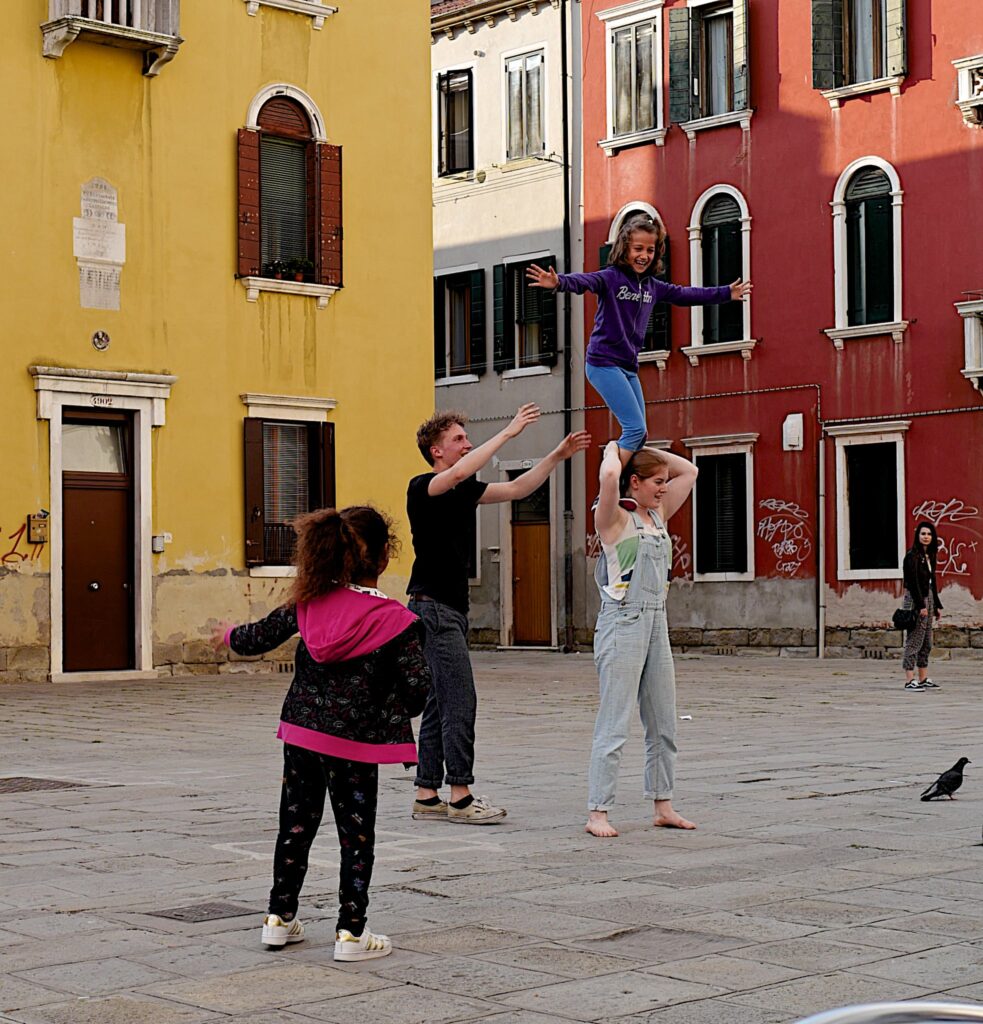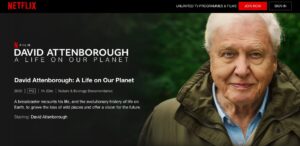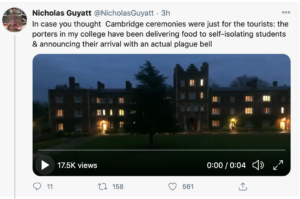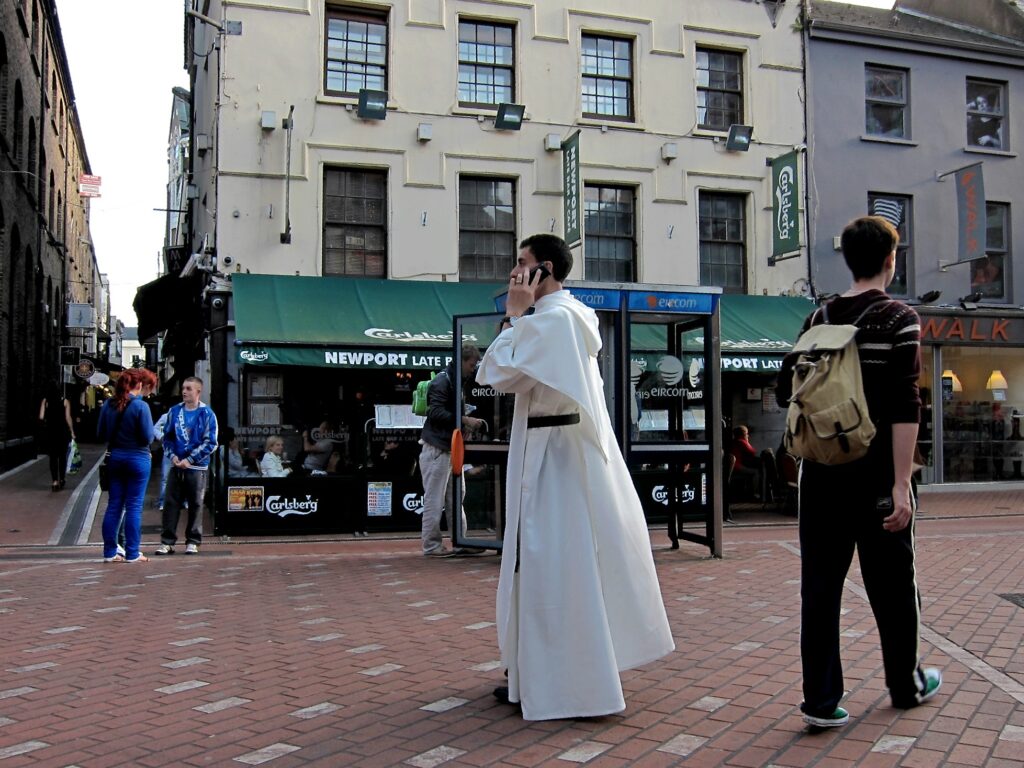Smart doggie
On the beach in Antibes one sweltering August Sunday. The dog was sitting sensibly in the shade while his master and mistress roasted in the sun like kebabs on a barbeque.
Quote of the Day
”Parliament is a deliberative assembly of one nation. You choose a Member indeed; but when you have chosen him, he is not the Member for Bristol, but he is a Member of Parliament. “
- Edmund Burke, speech to Bristol voters, 1774
Musical alternative to the morning’s radio news
Handel | Aria “Lascia ch’io pianga” | from Rinaldo
Jonty on Brexit
From Jonty’s blog:
I get the strong feeling by reading the analysis of those closer to politicians than I have ever been or will be, that what is stopping a deal is the fear that the UK government will be accused of selling out.
Given that a clear majority of the population now think that Brexit was a mistake (according to the polls), that every industrial lobby group I can think of is begging for a deal, and the police are warning of dire consequences of no deal, this is amazing. Also a no deal will play straight into the SNP’s hands and the cunning plan to break international law has come up against the reality of a new US president. Even parts of the fishing industry are warning of the consequences for exports if there is not a deal, ironic indeed.
All in all it is a sign of how much the internal schisms of the Tory party are still dominating this vital national policy.
How opioids were sold to medics
Cory Doctorow has a good post about the Department of Health and Human Service’s Office of the Inspector General has issued a “special fraud alert” on “Speaker Programs.” Strangely these two terms — ‘speaker program” and “fraud” — don’t suggest an obvious connection, but Cory explains how one exists.
If you’re a pharma giant, your profit margin is largely dependent on the willingness of doctors to prescribe – and overprescribe – your products. Doctors often don’t want to do this, so you need to “align incentives” to make the magic happen.
Lucky for Big Pharma, docs have a “continuing education” requirement to keep their licenses current. This creates a vacuum. Pharma companies pay the expenses of docs who write a lot of scrips for their dope to attend “seminars” in fancy resorts, flying in their families.
For the writin’ doc whales who top the overprescription charts, pharma companies have an even sweeter deal: they get to PRESENT at these “seminars” and pull down six-figure “speaking fees” on top of the all-expense-paid family junket to a luxury tropical resort.
The DoJ investigation suggests that the polite term for these arrangements might be ‘scams’.
Cory goes into interesting detail. Basically the quid-pro-quo is junkets in exchange for prolific prescribing.
Amazon continues to morph into critical infrastructure
From today’s FT…
Walgreens Boots Alliance and CVS Health shares fell more than 9 per cent and Rite Aid was down more than 16 per cent soon after Amazon announced a disruptive online delivery service on Tuesday, offering big discounts for prescription medicine in the US.
Other, hopefully interesting, links
- Italian Police Use Lamborghini To Transport Donor Kidney 300 Miles In Two Hours. That’s an average speed of 146mph. Not bad. Link.
- The best $475 I ever spent: A kayak that made me appreciate where I come from. A nice lockdown story. Link.
- The 200 Most Common Online Passwords of 2020 Are Awful. They are. Link.
This blog is also available as a daily email. If you think this might suit you better, why not subscribe? One email a day, delivered to your inbox at 7am UK time. It’s free, and there’s a one-click unsubscribe if your decide that your inbox is full enough already!












